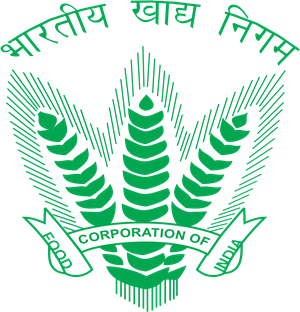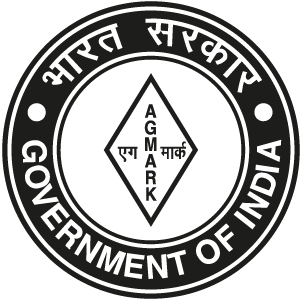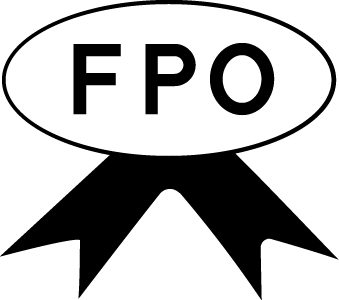PDF chapter test TRY NOW
The Government ensures that pure and safe food is made available to the consumers. In \(1954\), the Indian Government enacted the Food Law called Prevention of Food Adulteration Act and the Prevention of Food Adulteration Rules in the year \(1955\). The objective of the law is to ensure pure and wholesome food to the consumers and to protect them from fraudulent trade practices.
The Prevention of food adulteration act came into force on the \(1st\) of June \(1955\). The act outlines the minimum standards of quality for food and strict hygienic condition for its sale. The act prohibits the manufacture, sales and distribution of adulterated and contaminated foods.
There are standards that are specified for the pasteurized milk, milk powder, infant milk food etc.
Important!
World Health Organization (\(WHO\)) on the world health day, \(7th\) April, \(2015\) highlighted the challenges and opportunities associated with food safety. \(WHO\) promotes the efforts to improve food safety under the slogan - "From farm to plate, make food safe".
Food quality control agencies
\(ISI\), \(FPO\), \(FCI\), \(AGMARK\), \(FSSAI\) and other health departments enforce standards for consumer products.
FCI:
\(FCI\) is one of the main organizations responsible for the execution of food policies of the Government of India. \(FCI\) has a network of about \(1841\) depots spread across the country to manage the stock of food grains.

FCI - Food corporation of India
\(FCI\) was set up in the year \(1965\) with the following objectives:
1. Effective price support operations for safeguarding the interest of farmers.
2. Distributing food grains throughout the country.
3. Maintaining satisfactory levels of operational and buffer stock of food grains to ensure national security.
4. Regulate the market price to provide food grains to consumers at a reliable price.
Other food control agencies:
ISI:
Indian Standards Institution is also known as the Bureau of Indian Standards (\(BIS\)). ISI promotes the development of standardization and quality certification of goods. \(ISI\) certifies products like electrical appliances like switches, wiring cables, water heater, electric motor, kitchen appliances etc.
The presence of a \(BIS\) certification mark, known as Standard Mark, on a product is an assurance of conformity to the specifications.

ISI Standardized mark
AGMARK:
Agricultural marking is abbreviated as \(AGMARK\). \(AGMARK\) certifies agricultural and livestock products like cereals, essential oils, pulses, honey, butter etc. The \(AGMARK\) assures that they adhere to standards that are established by the Directorate of Marketing and Inspection.
It is a mark that is approved by the Government of India for agricultural products assuring good quality along with standard.

AGMARK Standardized mark
FPO:
Fruit process order is abbreviated as \(FPO\). \(FPO\) certifies fruit products like juice, jams, sauces, canned fruits and vegetables, pickles, dehydrated fruit products, fruit extracts etc.
It is a mandatory certification on all processed fruit products sold in India, following the Food Safety and Standards Act of \(2006\). The \(FPO\) standardized mark guarantees that the product was manufactured in a hygienic 'food-safe' environment. This ensures that the product is fit for consumption.

FPO Standardized mark
FSSAI:
Food Safety and Standards Authority of India is abbreviated as \(FSSAI\). \(FSSAI\) is responsible for protecting and promoting public health through regulation and supervision of food safety.
\(FSSAI\) ensures food safety and providing satisfaction to every customer. The organization formulates measures to eliminate the toxic and hazardous elements of the environment. It also promotes general awareness about food safety and food standards.

FSSAI Standardized mark
Reference:
https://en.wikipedia.org/wiki/Food_Corporation_of_India
https://en.wikipedia.org/wiki/Agmark
https://en.wikipedia.org/wiki/FPO_mark
https://fssai.gov.in/knowledge-hub-logos.php?pages=2
